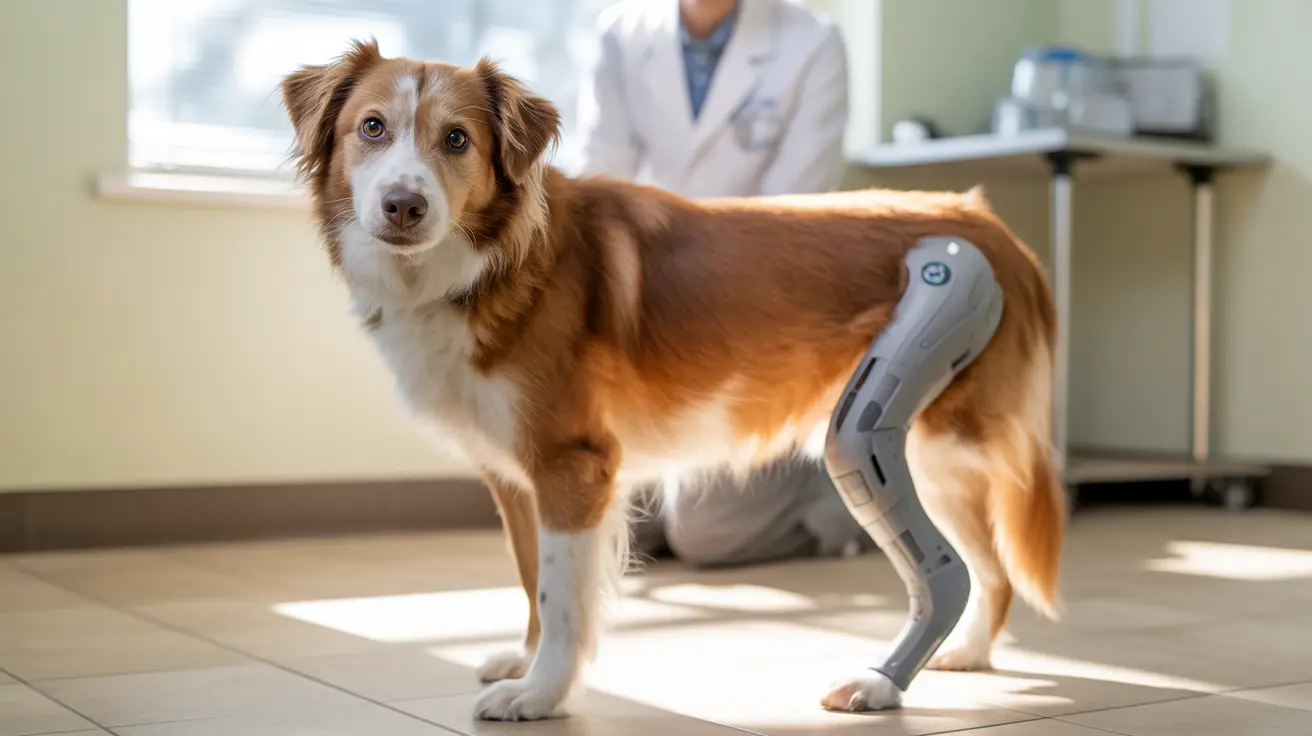The Meat You Should Never Feed Your Cat: What Every Pet Owner Must Know
Feeding your cat a proper diet is one of the most important responsibilities as a pet parent. While cats are obligate carnivores and require meat as the basis of their nutrition, not all meats are safe for feline consumption. Certain meats can lead to serious health issues including obesity, gastrointestinal distress, and even toxicity. One type of meat that stands out as especially dangerous is
processed and seasoned meats—and it’s the number one group of meats you should never feed your cat.
Why Cats Require Meat
Cats are biologically wired to consume meat.
- They need taurine, an amino acid found almost exclusively in animal-based proteins.
- High-protein food helps maintain muscle mass and overall metabolic function.
- Essential nutrients such as vitamin A, arachidonic acid, and niacin must come from animal sources.
However, despite their meat-based needs, not all types of meat are appropriate.
The Problem with Processed Meats
Processed meats—including deli meats, sausages, bacon, ham, and jerky—are unsafe for cats. Here's why:
- High Sodium Content: These meats contain excessive salt that can lead to dehydration, kidney stress, and in severe cases, salt poisoning.
- Preservatives and Additives: Nitrates, phosphates, and artificial flavors are harmful to your cat’s digestive system and could be toxic over time.
- Seasoning Risks: Many processed meats are seasoned with garlic and onion powder—both are toxic to cats and can cause damage to red blood cells, leading to anemia.
Signs Your Cat Has Ingested Unsafe Meat
If your cat accidentally consumes processed meat, monitor them for:
- Vomiting or diarrhea
- Increased thirst or urination
- Lethargy or weakness
- Loss of appetite
- Pale gums (a sign of anemia related to onion or garlic poisoning)
In these cases, seek immediate veterinary care.
Better Meat Choices for Cats
Stick to whole, unseasoned meats that are safe and easy to digest:
- Chicken: A lean source of protein, best served cooked and plain.
- Turkey: Another lean meat—watch out for skin and bones.
- Salmon: Rich in omega-3 fatty acids, excellent for skin and joint health. Use cooked, boneless fish only.
- Rabbit or Duck: Good protein variety for rotation feeding.
Avoid raw meat unless it’s part of a vet-guided raw diet due to contamination risks.
Nutritional Support for Arthritic Cats
Cats with arthritis especially benefit from appropriate protein sources and anti-inflammatory nutrients:
- Omega-3 fatty acids from fish oils support joint lubrication and reduce inflammation.
- Glucosamine and chondroitin help maintain cartilage and joint fluid.
- High-quality protein supports muscle mass, essential for mobility.
Avoid any food—especially meat—that could increase inflammation or stress the system.
Safe Commercial Food Options
Some commercial diets formulated for joint support include:
- Wellness Complete Health Grain-Free Senior Chicken Recipe
- Orijen Guardian Senior
- Hill’s Prescription Diet k/d + j/d Chicken
These products contain effective levels of joint-supporting ingredients without unsafe meats or additives.
The Takeaway
While cats require meat in their diets, it is critical to avoid
processed and seasoned meats. These can introduce harmful substances such as salt, preservatives, and toxins like garlic and onion. Instead, opt for high-quality, plainly cooked meats to ensure your cat's health and well-being. Especially for senior cats or those with arthritis, the right meat choices can support long-term joint health, maintain muscle mass, and improve quality of life.
Always consult your veterinarian before making changes to your cat’s dietary routine.





